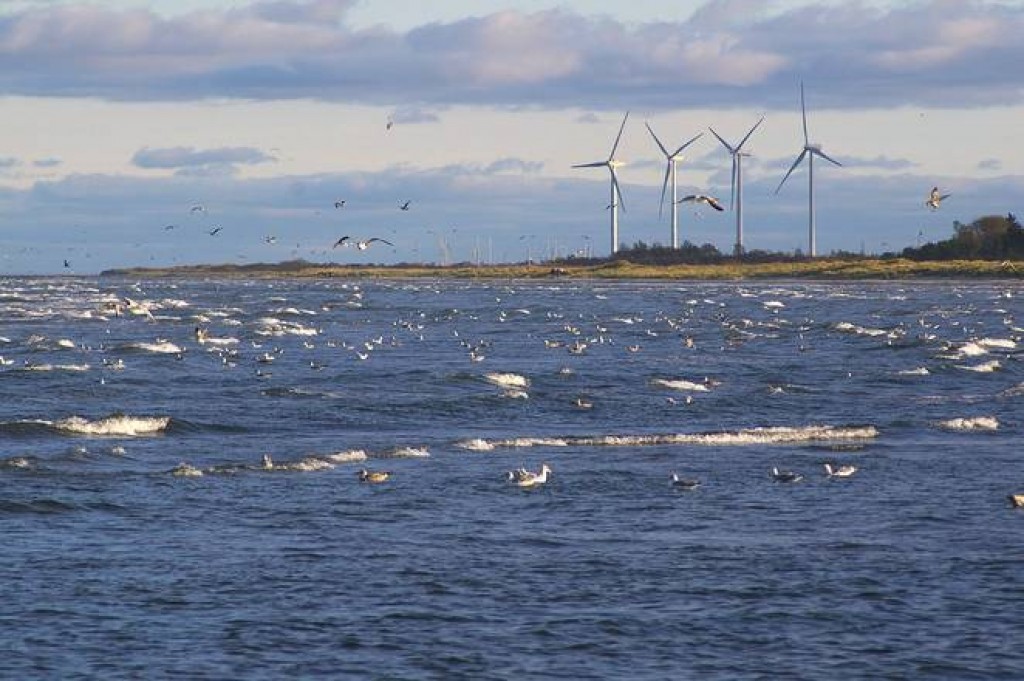RECOMMENDED VIDEOS

Bullfrog Power - Green Natural Gas: How it Works
Bullfrog Power

ECO-EZY : Zone & Dimming Control System
Eco-ezy Sdn Bhd

smartflower product movie
smartflower energy technology GmbH

Colt International - Energy efficient buildings
Colt International Ltd UK

Conergy Asia & ME - Solar Solution Provider
Conergy Asia & Me Pte Ltd
Related Stories
The largest solar farm apiary in the US opens this week
The City of London will be powered with 100% renewable energy by October 2018
New study suggests that plastic waste may be transformed into usable energy
Uravu’s zero-electricity Aqua Panels produce gallons of water from thin air
104% of Portugal’s electricity consumption in March came from renewable energy
29 Jan, 2016

Denmark sets world record for wind power consumption
Renewable Energy & Energy Efficiency | DENMARK | 20 Jan, 2016
Published by : Care 2 Trade
Recently countries with great renewable energy resources have made impressive achievements in clean energy generation. Last year, Costa Rica met 99 percent of its energy demand with a mix of renewable energy and Scotland's wind turbines generated the equivalent electricity of 97% of its households' energy needs, though what was consumed was still a mix of renewables and fossil fuels.
Now, Denmark says it has hit a world record for the amount of wind energy consumed in a year with 42.1 percent of the country's energy needs being met by wind power according to the state-owned energy company Energinet.
The Scandinavian country says that although more wind energy was added to the grid last year, the major gain was because of a windier year than usual that kept the turbines spinning and cranking out electricity year round. Denmark was already getting a significant chunk of electricity from wind power with 2014 seeing 39.1 percent of their energy needs being met by wind.
These rising numbers are getting the country closer to its goal of having 50 percent of its energy demand satisfied by wind power by 2020.
“Hopefully, Denmark can serve as an example to other countries that it is possible to have both ambitious green policies with a high proportion of wind energy and other renewables in the energy supply, and still have a high security of supply and competitive prices on electricity," said the country’s minister for energy, utilities and climate, Lars Christian Lilleholt.
In western Denmark where most of the turbines are located, the energy generated exceeded demand 60 days last year. That surplus energy doesn't go to waste though. The producers sell it to consumers in Norway, Sweden and Germany and in return Denmark buys surplus hydroelectric power from Norway, solar energy from Germany and power station electricity from Sweden when needed.
That reciprocal arrangement shows how sharing with neighboring countries can help everyone meet their renewable energy goals. Many European countries have renewable energy targets -- Scotland hopes to hit 100 percent renewable electricity by 2020 -- and many countries are wealthier in certain renewable energy sources than others like Norway with hydroelectric, Scotland and Denmark with wind and Germany with solar.
Taking advantage of energy surpluses next door could make consuming cleaner energy worldwide an easier task.
